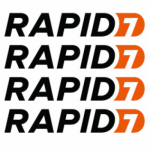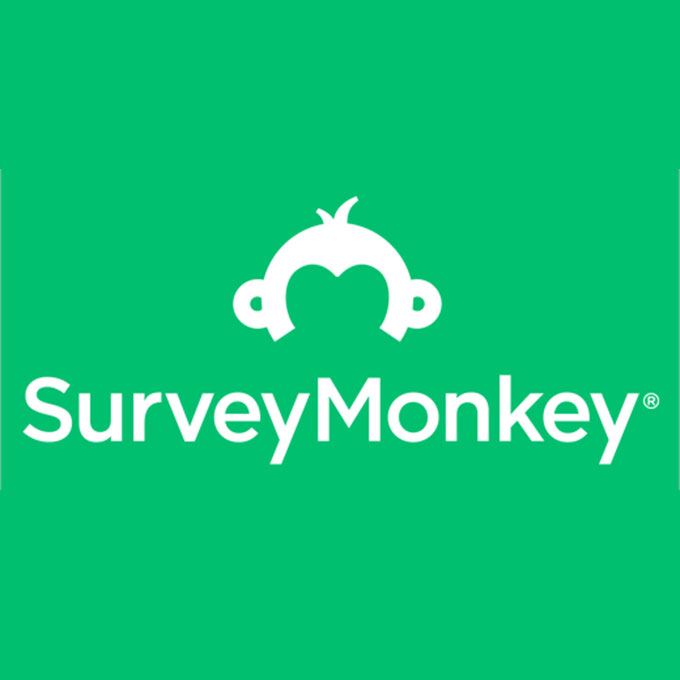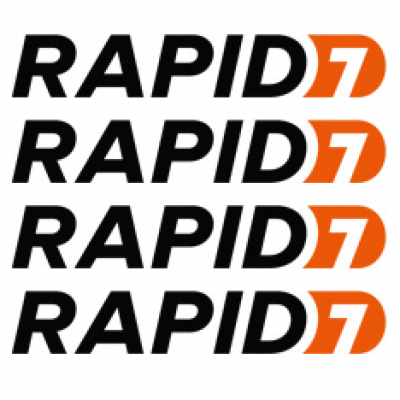Category: Cloud Based Software
SVMK: Not about to Monkey Around
 SVMK (NASDAQ: SVMK), a recent addition to our Battle Road IPO Review Software sector coverage, is a leading provider of cloud-based survey software products that enable companies to better engage with customers and employees. Founded in 1999, and based in San Mateo, California, the company is best known for its flagship SurveyMonkey customer feed-back software. Consensus estimates call for revenue of $252 million in 2018, followed by $287 million in 2019. EPS expectations call for a loss of $0.13 this year, followed by a $0.06 loss next year.
SVMK (NASDAQ: SVMK), a recent addition to our Battle Road IPO Review Software sector coverage, is a leading provider of cloud-based survey software products that enable companies to better engage with customers and employees. Founded in 1999, and based in San Mateo, California, the company is best known for its flagship SurveyMonkey customer feed-back software. Consensus estimates call for revenue of $252 million in 2018, followed by $287 million in 2019. EPS expectations call for a loss of $0.13 this year, followed by a $0.06 loss next year.
SVMK priced its 15 million share IPO at $12 per share on the NASDAQ on September 25th. The underwriters subsequently exercised their option to purchase an additional 2.25 million shares. The IPO was led by J.P. Morgan Securities, Allen & Company, and Bank of America Merrill Lynch (BAML). Credit Suisse, UBS, Wells Fargo, SunTrust Robinson Humphrey, Code Advisors, Foros, JMP Securities and LionTree Advisors also participated in the transaction. SVMK also completed a private placement with Salesforce Ventures LLC concurrent with the timing of its IPO. All told, the company raised $225 million. At a recent share price of $13, SVMK’s market cap is roughly $1.6 billion, based on 123 million shares outstanding.
SVMK’s product line features SurveyMonkey, a cloud-based questionnaire that is primarily used for customer feed-back, TechValidate, a marketing content automation software solution, and SurveyMonkey Engage, which is focused on internal employee surveys and feed-back. The company is among the pioneers of the “freemium” monetization model, in which it provides free customizable surveys, and is paid based on solutions that include sample selection, data analysis, and bias elimination tools, among others. The company counts 60 million registered users, along with 16 million active users among 300,000 “organizational domains,” which we speculate may be equivalent to customers.
As a result of a long history of debt and equity financing, including debt financing from two of its underwriters, BofA Merrill Lynch, and SunTrust Robinson Humphrey, SVMK came public with an unusual amount of debt on its balance sheet, including over $300 million in short and long term debt, and $92 million in facilities leases. Following the offering, the company had a negative net cash position of $152 million. In its first quarter as a public company SVMK reported revenue of $65 million, a 19 percent increase over the prior year. Exclusive of roughly $100 million in stock-based compensation, the company reported near break-even results. Following the results of its IPO, SVMK ranks well below the mid-point of our Software sector coverage.
Rapid7 (NASDAQ: RPD)
 Rapid7 (NASDAQ: RPD), based in Boston, Massachusetts, is a recent addition to our Battle Road IPO Review Software sector coverage. The company was founded 15 years ago in New York City, where its founders took the city’s rapid transit train to work in mid-town Manhattan. RPD focuses on IT security software and services, with an emphasis on vulnerability and threat detection. The company recorded revenue of $77 million and a net loss of $33 million in 2014. For 2015 Consensus estimates call for revenue of $104 million and a Loss per Share of $1.53, followed by revenue of $131 million and a Loss per Share of $0.85.
Rapid7 (NASDAQ: RPD), based in Boston, Massachusetts, is a recent addition to our Battle Road IPO Review Software sector coverage. The company was founded 15 years ago in New York City, where its founders took the city’s rapid transit train to work in mid-town Manhattan. RPD focuses on IT security software and services, with an emphasis on vulnerability and threat detection. The company recorded revenue of $77 million and a net loss of $33 million in 2014. For 2015 Consensus estimates call for revenue of $104 million and a Loss per Share of $1.53, followed by revenue of $131 million and a Loss per Share of $0.85.
Rapid7 priced its 6.45 million share IPO at $16 per share –above an expected range of $13-15—on the NASDAQ on June 16, 2015 for first trade the following day. All shares were offered by the company. Subsequently the underwriters exercised their over-allotment, enabling the company to raise about $110 million in its IPO. The deal was led by Morgan Stanley, Barclays Capital, KeyBanc Capital Markets/Pacific Crest, William Blair, Raymond James, and Cowen.
Rapid7 is led by Corey Johnson, President and CEO, who has risen through the ranks of the company in the last seven years, and served as Chief Operating officer, prior to his current position. His experience includes five years at Microsoft, where he was a Group Project Manager, with responsibility for the world-wide launch of SQL Server in 2005. Steve Gatloff, CFO, formerly CFO of iPass, held financial roles at United Online, Sterling Commerce, and VeriSign.
Rapid7 provides a portfolio of cloud-based software and managed services to detect and analyze cybersecurity threats for over 4,100 customers across a broad range of industries, including 34 percent of the Fortune 1000. In the last year, RPD added BJ’s Wholesale Club, Boyd Gaming, Dollar Tree, Fastenal, Iowa State University, Johnson Controls, Parker Hannifin, Samsung Electronics, and the Smithsonian to its growing list of business and government customers.
Roughly two-thirds of sales in each of the last three years comes from its Nexpose vulnerability and threat assessment software, which among other things, identifies weak points in a company’s data network, and helps to prevent cyber attacks across computer networks. About 88 percent of sales comes from the US, and the company utilizes a direct salesforce as well as channel partners that account for 41 percent of sales. RPD boasts an 87 percent renewal rate for existing products. The company recognizes about 80 percent of sales each quarter from backlog. At the end of the September 30, 2015 quarter, the company’s DSOs stood at 103, up from 95 in the previous quarter, a level that we consider to be high relative to other software companies that we research.
The market for security threat detection and assessment is a large and competitive one, with IBM, HP, and Intel, through its acquisition of McAfee, quite active in the market. In addition, RPD faces competition from several dedicated security software and services vendors, such as FireEye (NASDAQ: FEYE), Qualys (NASDAQ: QLYS), and others.


